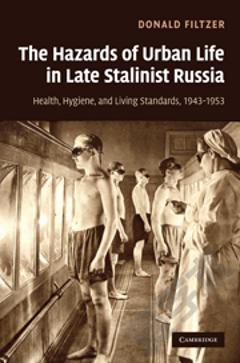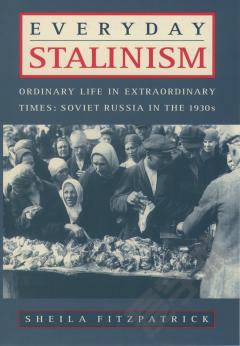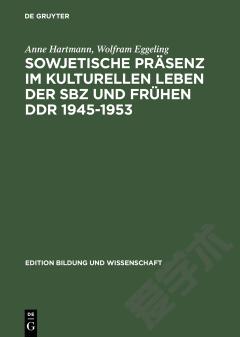The Hazards of Urban Life in Late Stalinist Russia: Health, Hygiene, and Living Standards, 1943–1953
This is the first detailed study of the standard of living of ordinary Russians following World War II. It examines urban living conditions under the Stalinist regime with a focus on the key issues of sanitation, access to safe water supplies, personal hygiene and anti-epidemic controls, diet and nutrition, and infant mortality. Comparing five key industrial regions, it shows that living conditions lagged some fifty years behind Western European norms. The book reveals that, despite this, the years preceding Stalin's death saw dramatic improvements in mortality rates thanks to the application of rigorous public health controls and Western medical innovations. While tracing these changes, the book also analyzes the impact that the absence of an adequate urban infrastructure had on people's daily lives and on the relationship between the Stalinist regime and the Russian people, and, finally, how the Soviet experience compared to that of earlier industrializing societies.
{{comment.content}}








 京公网安备 11010802027623号
京公网安备 11010802027623号